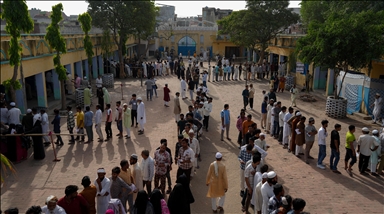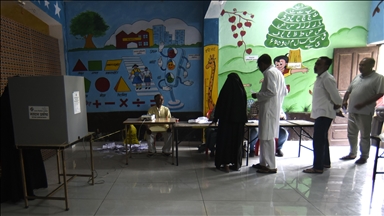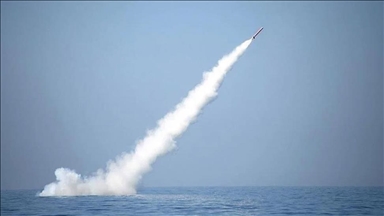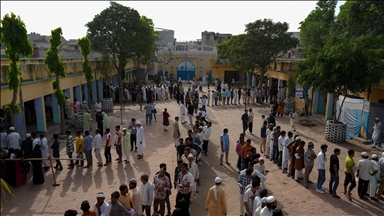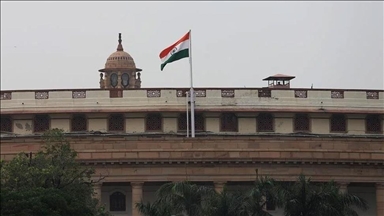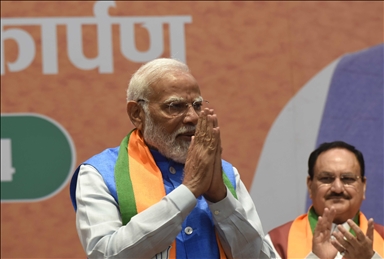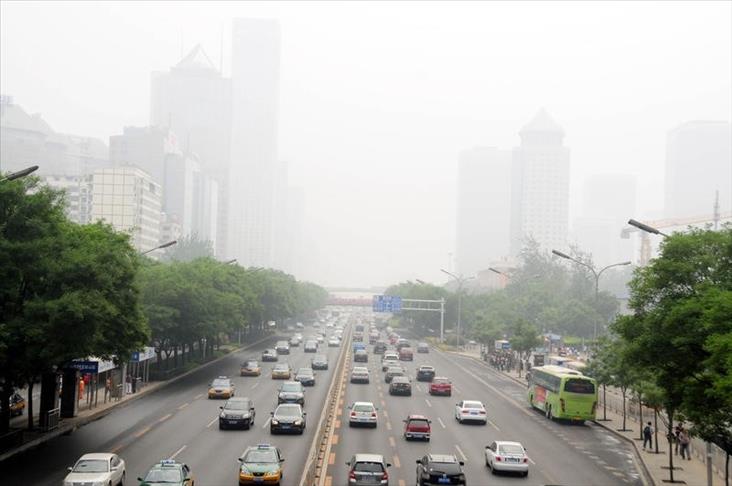
By Saurabh Yadav
NEW DELHI
The Indian government has sparked a nationwide debate by blocking on Wednesday the airing of a controversial film featuring an interview with a man convicted for the infamous 2012 Delhi gang rape case.
An Indian court blocked the BBC documentary from being broadcast in India, where it was due to be shown by local NDTV, after government objections.
The convicted rapist featured in the documentary, Mukesh Singh, expressed no remorse and blamed the victim, who was killed by her attackers, for fighting back.
Some Indian lawmakers objected to the ban with member of parliament Javed Akhtar saying the film exposed widespread sexist attitudes.
“I have heard such statements in this hall (of Parliament), that if a woman wears such clothes or goes out after dark then she is inviting trouble. It is good that this documentary was made, thousands of men in India will know that they think like a rapist,” said Akhtar.
Anu Aga, a representative in the upper house of parliament said: “Suggesting death penalty, banning this movie is not the answer, we have to confront the issue that men in India do not respect women, and anytime there is a rape, blame is put on the woman that she was indecently dressed, she provoked the men."
“It is not just that man in prison's views, it is the view of many men in India. Let's be aware of it and let's not pretend all is well," added Aga.
Some activists did however object to the film being aired while the defendants appeal their death sentences, saying it could lead to a trial by media that influences the judicial process.
"What I object to is the insistence on airing the film with the damning interviews, obtained by dubious, unethical and illegal means – while the appeals process is underway," wrote Kavita Krishnan, the secretary of the All India Progressive Women's Association, who is also interviewed in the film, in an article on the website Scroll.in.
"Had I known that a global campaign with this sort of politics was tied up with the film, I for one would never have consented to being interviewed for the film," wrote Krishnan.
Mukesh Singh was interviewed while in prison, with the approval of prison authorities according to the filmmaker but there have been questions about the ethics and legality of allowing the interview.
“I told the authorities that this documentary must not be telecast, and we obtained an order from the court at night. I will ensure that no convict is interviewed in jail and an interview of this sort with a rapist is never telecast in the future,” Home Minister Rajnath Singh said in the upper house of Indian Parliament on Wednesday.
Delhi police commissioner BS Bassi has said “We are writing to everyone because there is prohibition on uploading contents of the documentary on the internet as well.”
The BBC brought forward its broadcasting of the documentary in the UK by showing it on BBC 4 at 2200 GMT on Wednesday and the documentary is also available online.
Shot over two years in India by filmmaker Leslie Udwin, the documentary was to be broadcast globally on International Women's Day, March 8.
For the film, Udwin spoke to the men convicted of the 16 December 2012 gang rape, their families, the family of the victim and police officers investigating the case.
Jyoti Singh, 23, was brutally attacked and gang raped by five men and died 13 days later from her injuries. After the incident, there were street protests in India for weeks where activists defied tear gas, water cannons and police batons.
In the interview, the imprisoned Mukesh Singh told filmmaker Udwin that: "while being raped, a woman must not fight back, she should be silent and allow the rape.”
He also said that “the tasks for a woman are working at home and looking after the household. Not roaming in bars and wearing short clothes.”
The lawyer for the convicted, Manohar Lal Sharma blamed the victim and her family. “It is a pure case of prostitution,” he told The Anadolu Agency, putting the blame on the victim.
“If you keep a sweet on the roadside, will a dog not eat it? I asked the father of the girl in court, how did he let his daughter out at night with an unknown man?”
In the film, Sharma said: "Indian culture is the best culture. In our culture there is no place for a woman.”
Udwin, meanwhile has said that her film "tries to show the disease is not the rapists, the disease is in society."
Anadolu Agency website contains only a portion of the news stories offered to subscribers in the AA News Broadcasting System (HAS), and in summarized form. Please contact us for subscription options.


